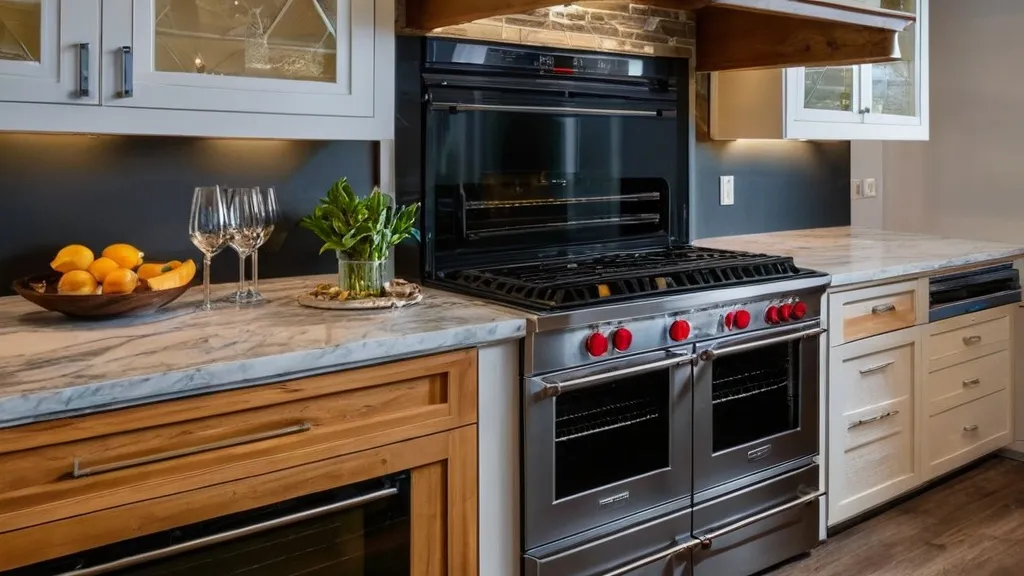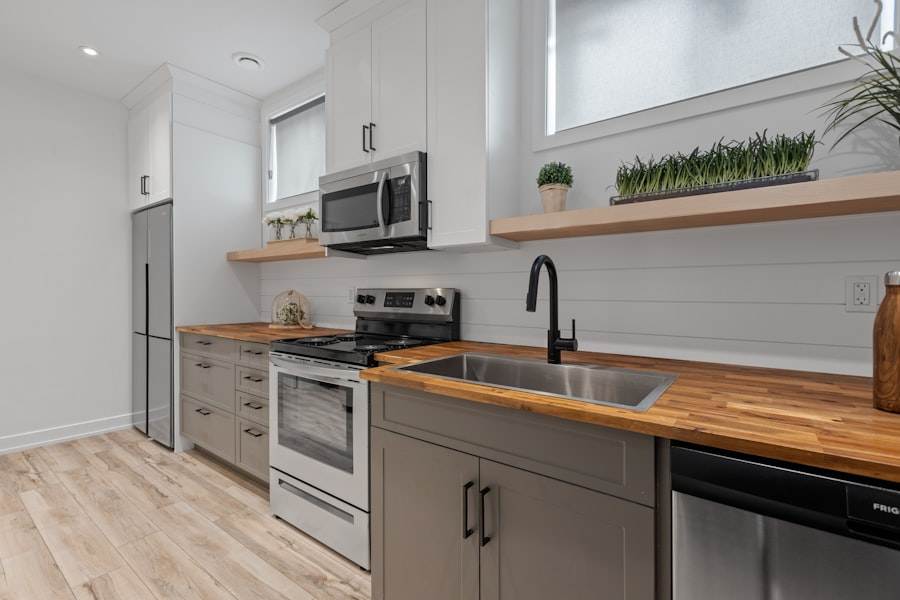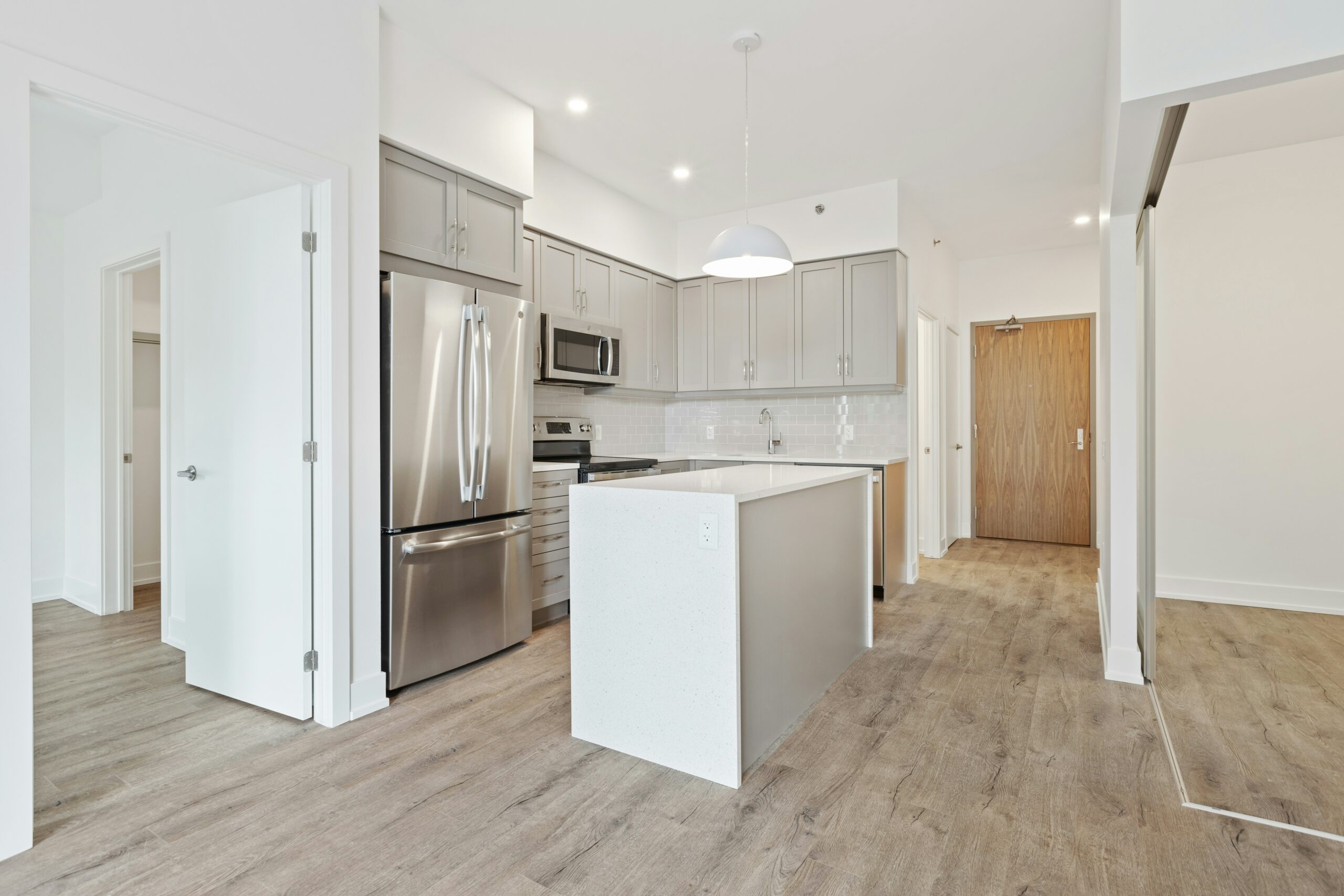HVAC (Heating, Ventilation, and Air Conditioning) systems play a crucial role in maintaining a comfortable and healthy environment in homes and businesses. These systems are responsible for regulating temperature, humidity, and air quality, ensuring that occupants are comfortable and safe. Without a properly functioning HVAC system, buildings can become unbearably hot or cold, leading to discomfort and potential health issues. In this article, we will explore the basics of HVAC systems, common heating and cooling issues, troubleshooting tips, and the importance of regular maintenance.
Table of Contents
- Key Takeaways
- Understanding the basics of HVAC systems
- Common heating issues and their causes
- Common cooling issues and their causes
- Identifying air flow problems
- Troubleshooting thermostat issues
- Fixing ductwork problems
- Addressing refrigerant leaks
- Dealing with compressor malfunctions
- Maintaining your HVAC system for optimal performance
- When to call in a professional for HVAC repairs
- How Can Water Leaks in HVAC Systems Affect Heating and Cooling Performance?
- FAQs
- What is an HVAC system?
- What are some common HVAC system problems?
- What causes HVAC system problems?
- How can I diagnose HVAC system problems?
- How can I prevent HVAC system problems?
- What should I do if my HVAC system is not working?
Key Takeaways
- HVAC systems are responsible for heating, ventilation
- , and air conditioning in buildings.
- Common heating issues include dirty filters, faulty thermostats, and pilot light problems.
- Common cooling issues include dirty condenser coils, low refrigerant levels, and faulty fans.
- Air flow problems can be caused by dirty ducts, blocked vents, or a malfunctioning blower motor.
- Troubleshooting thermostat issues involves checking the batteries, settings, and wiring.
- Fixing ductwork problems may require sealing leaks or replacing damaged sections.
- Addressing refrigerant leaks involves identifying the source and repairing or replacing the affected components.
- Dealing with compressor malfunctions may require replacing the compressor or other components.
- Maintaining your HVAC system involves regular cleaning, filter replacement, and professional inspections.
- Call in a professional for HVAC repairs if you are unsure of the problem or do not have the necessary skills or tools to fix it.
Understanding the basics of HVAC systems
HVAC systems work by controlling the temperature and air quality in a building through a combination of heating, ventilation, and air conditioning. The system consists of several components that work together to achieve this goal. The heating component typically uses a furnace or heat pump to generate heat, while the cooling component uses an air conditioner or heat pump to remove heat from the indoor air. The ventilation component ensures the circulation of fresh air throughout the building.
The main components of an HVAC system include the thermostat, which controls the temperature settings; the furnace or heat pump, which generates heat; the air conditioner or heat pump, which cools the air; the ductwork, which distributes the conditioned air throughout the building; and the air filters, which remove dust and other particles from the air.
Common heating issues and their causes
Heating issues can arise for various reasons, leading to a lack of heat or uneven heating in different areas of a building. One common issue is a malfunctioning thermostat, which may not accurately read the temperature or fail to turn on the heating system when needed. Another common cause is dirty air filters that restrict airflow and reduce the efficiency of the heating system. Additionally, problems with the furnace or heat pump itself, such as a faulty ignition system or a worn-out blower motor, can also result in heating issues.
Common cooling issues and their causes
| Common Cooling Issues | Causes |
|---|---|
| Insufficient Cooling | Dirty air filters, low refrigerant levels, faulty compressor, blocked condenser coils |
| Uneven Cooling | Blocked air ducts, improper installation, malfunctioning thermostat, inadequate insulation |
| Strange Noises | Loose parts, worn-out belts, damaged fan blades, malfunctioning compressor |
| Leaking Water | Clogged drain line, frozen evaporator coils, damaged condensate pump, improper installation |
| Foul Odors | Dirty air filters, mold growth, dead animals, stagnant water in the condensate pan |
Cooling issues can be equally frustrating, especially during hot summer months. Insufficient cooling is a common problem that can be caused by a variety of factors. One possible cause is a refrigerant leak, which can result in reduced cooling capacity. Another common issue is a faulty compressor, which is responsible for circulating refrigerant and removing heat from the indoor air. Other causes of cooling problems include clogged air filters, dirty condenser coils, or a malfunctioning thermostat.
Identifying air flow problems
Air flow problems can affect both heating and cooling systems, leading to weak air flow or strange noises coming from the HVAC system. These issues can be caused by clogged air filters, which restrict the flow of air through the system. Ductwork issues, such as leaks or blockages, can also result in poor air flow. Additionally, problems with the blower motor or fan can affect the circulation of air throughout the building.
Troubleshooting thermostat issues

Thermostat issues can disrupt the proper functioning of an HVAC system and lead to temperature inconsistencies. Common thermostat issues include inaccurate temperature readings, a thermostat that won’t turn on, or a thermostat that doesn’t respond to temperature adjustments. To troubleshoot these issues, it is important to check the thermostat’s batteries and replace them if necessary. Resetting the thermostat or recalibrating its temperature sensors may also help resolve certain issues.
Fixing ductwork problems
Ductwork problems can significantly impact the performance of an HVAC system. Leaks in the ductwork can result in conditioned air escaping before it reaches its intended destination, leading to reduced efficiency and uneven heating or cooling. Blockages in the ductwork can restrict airflow and cause similar issues. To fix ductwork problems, it is important to identify and seal any leaks using appropriate materials. Cleaning out the ductwork regularly can also help prevent blockages and improve air flow.
Addressing refrigerant leaks
Refrigerant leaks are a serious issue that can affect the cooling capacity of an HVAC system. Refrigerant is responsible for absorbing heat from the indoor air and releasing it outside. When there is a leak, the refrigerant level drops, reducing the system’s ability to cool the air. Identifying refrigerant leaks can be challenging, as they are often not visible. However, signs of a refrigerant leak include reduced cooling capacity, hissing sounds coming from the system, or ice buildup on the evaporator coils. To address refrigerant leaks, it is important to locate and repair the leak before recharging the system with the appropriate amount of refrigerant.
Dealing with compressor malfunctions
The compressor is a vital component of an HVAC system that circulates refrigerant and facilitates heat transfer. Compressor malfunctions can result in a variety of issues, such as a compressor that won’t turn on or strange noises coming from the compressor. These issues can be caused by electrical problems, mechanical failures, or refrigerant issues. Dealing with compressor malfunctions often requires professional assistance, as it involves complex repairs or replacement of the compressor.
Maintaining your HVAC system for optimal performance
Regular maintenance is essential for keeping an HVAC system in optimal condition and preventing issues from arising. Maintenance tasks include changing air filters regularly to ensure proper airflow and prevent dust buildup. Cleaning the condenser coils and evaporator coils helps maintain efficient heat transfer. Checking and tightening electrical connections ensures safe operation. Lubricating moving parts reduces friction and extends their lifespan. Additionally, scheduling annual professional maintenance visits allows for thorough inspections and tune-ups.
When to call in a professional for HVAC repairs
While some HVAC issues can be resolved through troubleshooting and basic maintenance, there are times when it is best to call in a professional HVAC technician. Complex issues, such as compressor malfunctions or refrigerant leaks, require specialized knowledge and equipment to diagnose and repair. Additionally, if attempts to troubleshoot or repair the system result in further damage or safety hazards, it is important to seek professional help. Hiring a professional for HVAC repairs ensures that the system is fixed correctly and efficiently, reducing the risk of future issues.
HVAC systems are essential for maintaining a comfortable and healthy environment in homes and businesses. Understanding the basics of how these systems work and common issues that can arise is crucial for troubleshooting and addressing problems effectively. Regular maintenance is key to preventing issues and ensuring optimal performance. However, when complex issues arise or attempts to troubleshoot the system are unsuccessful, it is important to call in a professional HVAC technician for assistance. By taking care of your HVAC system and addressing issues promptly, you can enjoy a comfortable and efficient indoor environment year-round.
If you’re interested in learning more about HVAC system hiccups and how to diagnose heating and cooling problems, you might find this article on our blog helpful. It provides valuable insights and tips for troubleshooting common issues with your HVAC system. Check it out here to ensure your heating and cooling system is running smoothly.
How Can Water Leaks in HVAC Systems Affect Heating and Cooling Performance?
Water leaks in HVAC systems can significantly impact heating and cooling performance. The excess moisture can lead to mold growth, decreased efficiency, and potential damage to the system. Diagnosing water leaks fix is crucial to maintaining optimal operation and preventing costly repairs.
FAQs
What is an HVAC system?
An HVAC system is a heating, ventilation, and air conditioning system that is used to regulate the temperature and air quality in a building.
What are some common HVAC system problems?
Some common HVAC system problems include inadequate heating or cooling, poor air quality, strange noises, and high energy bills.
What causes HVAC system problems?
HVAC system problems can be caused by a variety of factors, including dirty filters, malfunctioning thermostats, leaky ductwork, and worn-out components.
How can I diagnose HVAC system problems?
To diagnose HVAC system problems, you should start by checking the air filters, thermostat settings, and ductwork. If these components are functioning properly, you may need to call a professional HVAC technician to diagnose and repair the problem.
How can I prevent HVAC system problems?
To prevent HVAC system problems, you should schedule regular maintenance appointments with a professional HVAC technician, change your air filters regularly, and keep your ductwork clean and free of debris.
What should I do if my HVAC system is not working?
If your HVAC system is not working, you should first check the air filters and thermostat settings. If these components are functioning properly, you should call a professional HVAC technician to diagnose and repair the problem.



